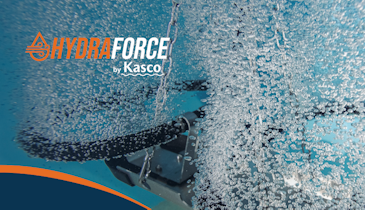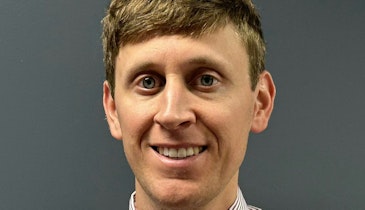When school lets out for the summer in the Pittsburgh area, parents who think education shouldn’t be shelved until fall have a variety of options for their children — including the Allegheny County Sanitary Authority (ALCOSAN) annual Summer Science Camp.
The four-session summer...








